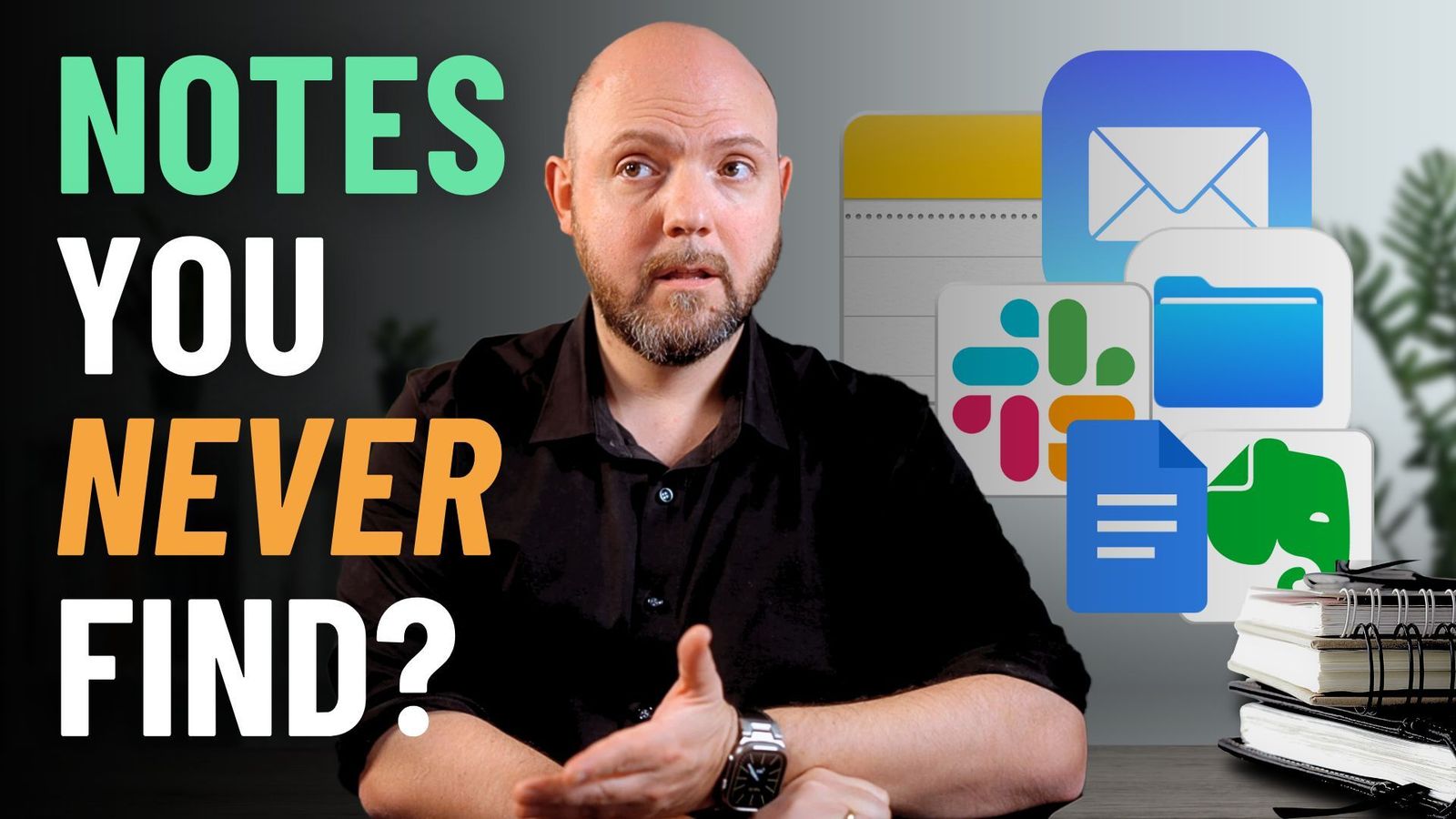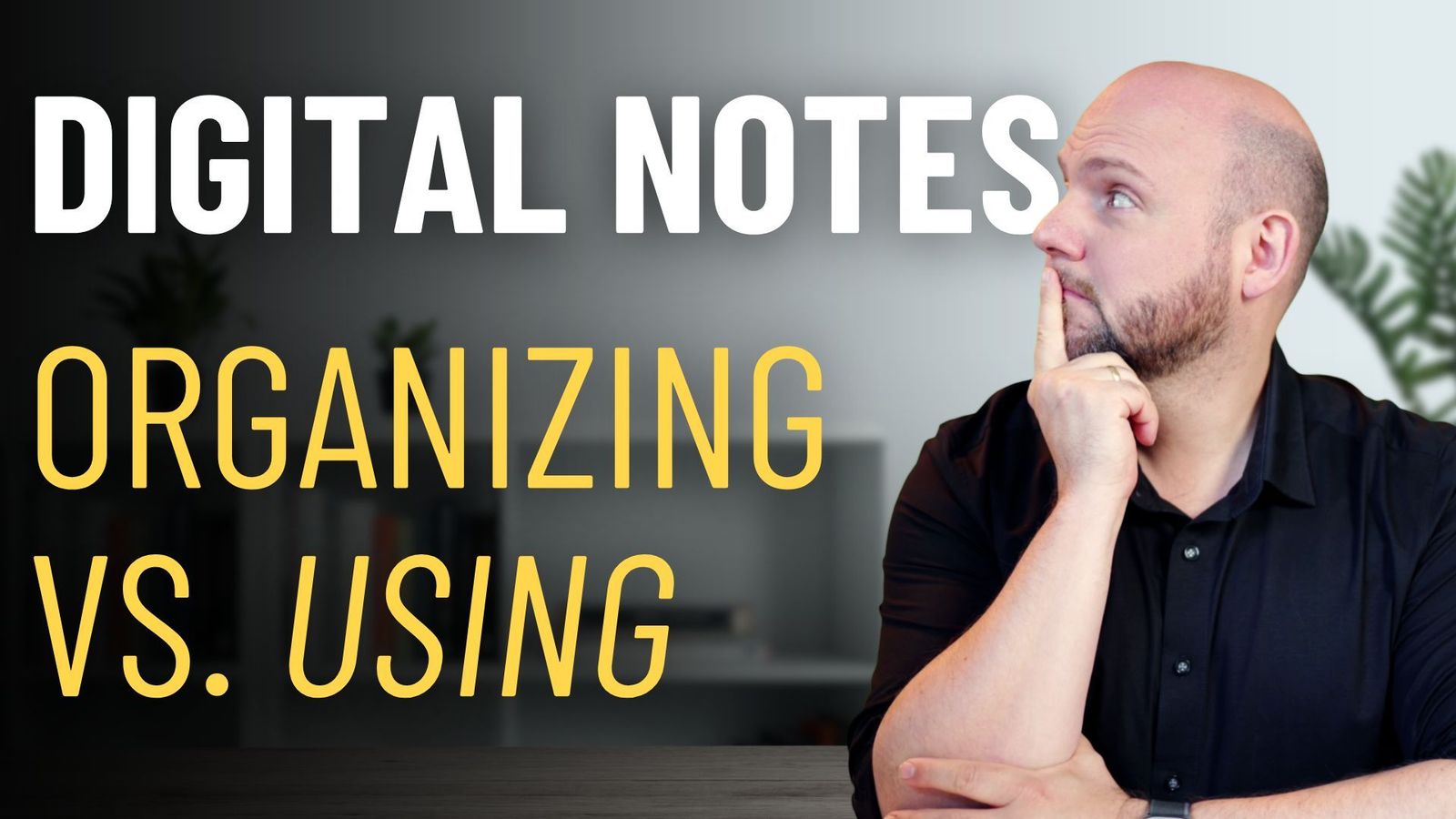In a recent video by the Paperless Movement®, Tom Solid delves into the latest updates of the reMarkable tablet, discussing why he believes it’s not worth buying, despite keeping it for personal reasons. The video provides an in-depth analysis of the reMarkable’s features, comparing it to other devices like the iPad, and highlighting some significant drawbacks.
The Appeal of reMarkable
Tom starts by acknowledging the unique appeal of the reMarkable tablet. The device offers a writing experience that closely resembles writing on paper, something that other tablets like the iPad can’t quite replicate. The distraction-free interface and the physical feel of the paper-like screen are strong selling points. However, these advantages are overshadowed by several limitations.
Limitations and Drawbacks
Tool Accessibility
Tom criticizes the reMarkable’s tool accessibility, stating that the minimalistic design hinders the user’s ability to switch between tools like the pen, eraser, and selection tool. The lack of buttons or easy access to these tools disrupts the writing experience.
Note Organization and Search Functionality
The video highlights the lack of global search functionality within the reMarkable, making it difficult to find specific notes. Compared to other note-taking apps like Apple Notes, GoodNotes, and Notability, the reMarkable falls short in terms of organization and searchability.
Cloud Integration and Synchronization
Tom expresses disappointment with the reMarkable’s cloud integration, specifically with Google Drive, Dropbox, and OneDrive. Despite advertising synchronization, the reMarkable only allows for uploading and downloading, not true syncing. This leads to duplication of files and conversion to non-editable PDFs, severely limiting the device’s Knowledge Management capabilities.
Subscription Service
One of the most significant criticisms in the video is the introduction of a subscription service for basic functionalities like cloud access and handwriting conversion. Tom argues that charging for these features, on top of the high price of the tablet itself, is a rip-off. The subscription model also affects existing users, limiting their access to features they previously had.
Conclusion and Recommendations
Tom Solid concludes that the reMarkable tablet, despite its unique writing experience, is not a practical choice for Busy Professionals. The limitations in tool accessibility, note organization, cloud integration, and the introduction of a subscription service for basic features make it an unattractive option.
For those interested in going paperless and enhancing productivity, Tom recommends considering other devices like the iPad Mini with an Apple Pencil. He emphasizes that the Paperless Movement® Membership offers comprehensive courses about Note-Taking, Personal Knowledge Management (PKM), Task Management, and Project Management, providing valuable resources for those looking to become highly effective digital pros.
If you’re interested in joining the Paperless Movement® and accessing these valuable resources, sign up here.



